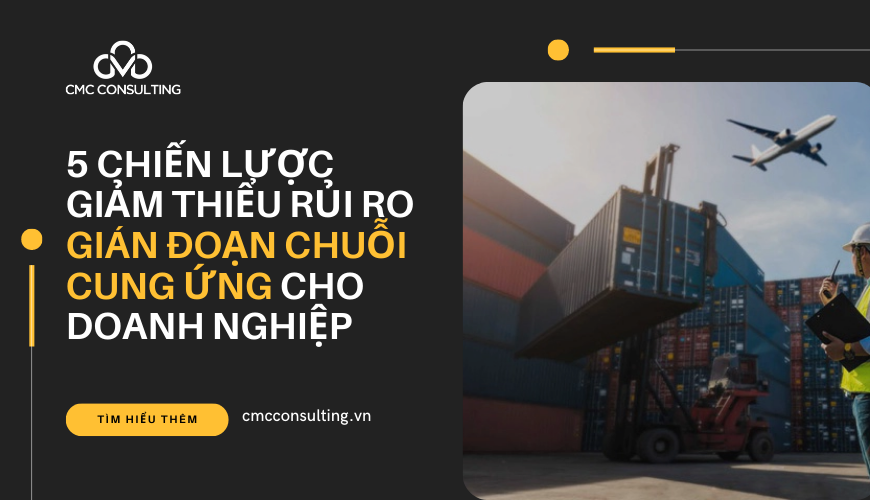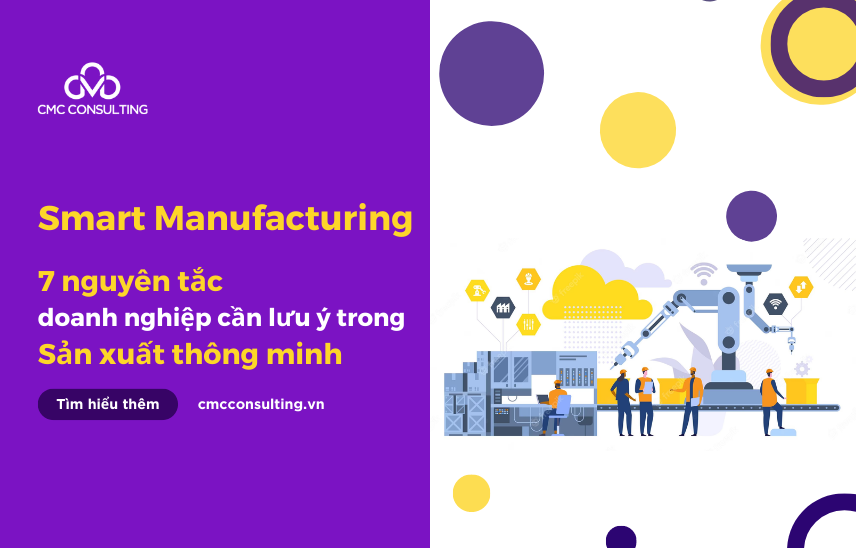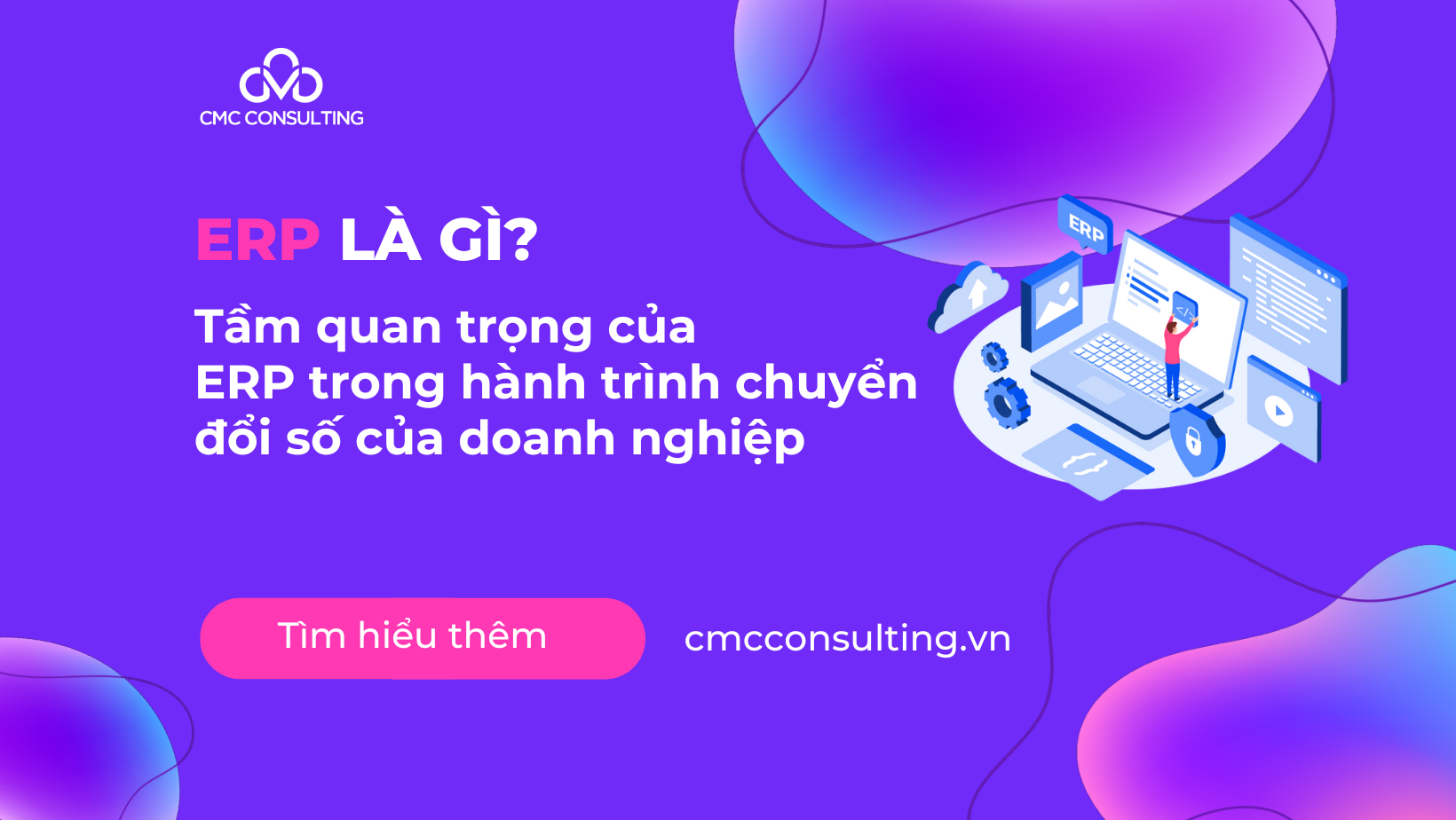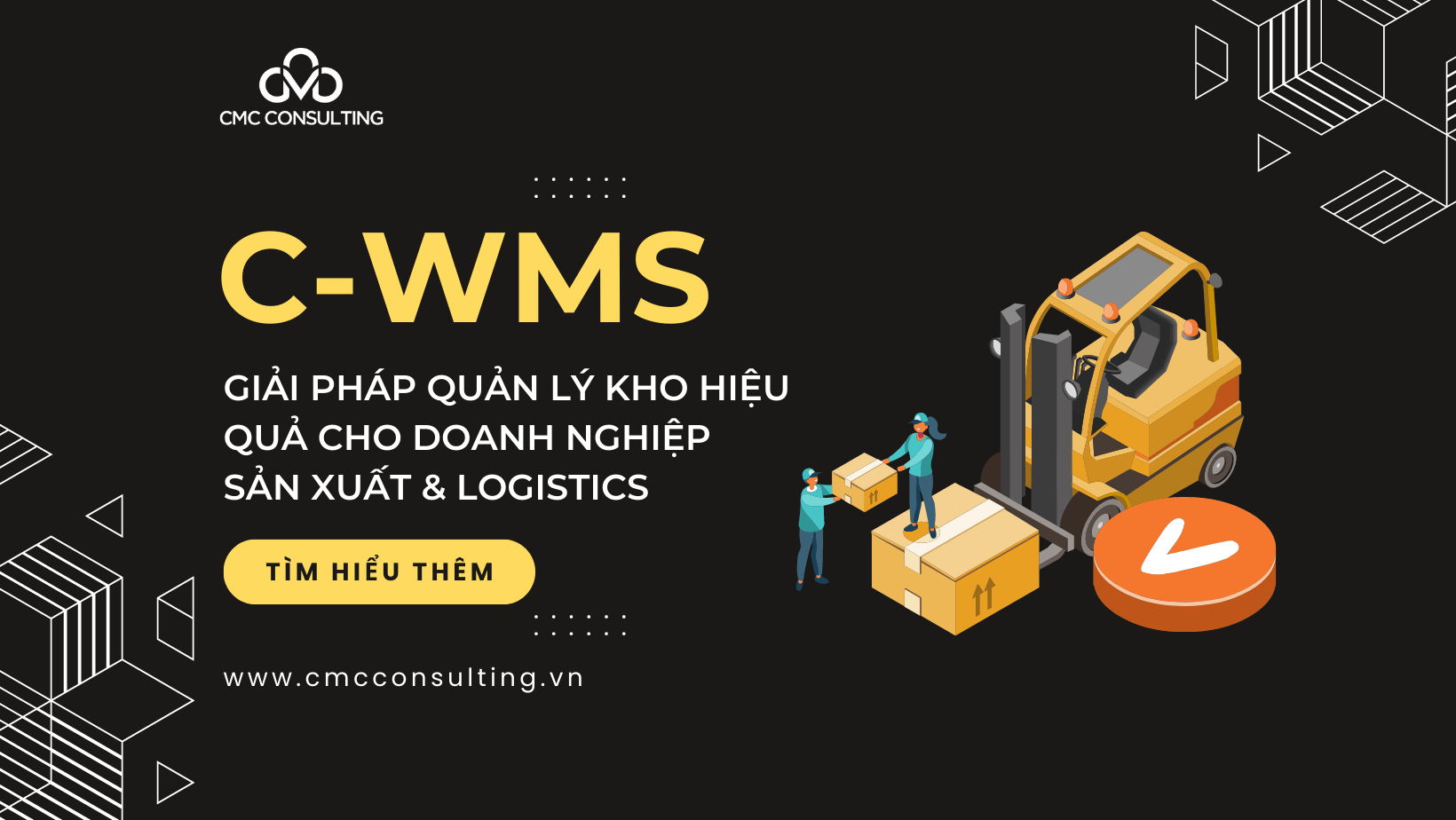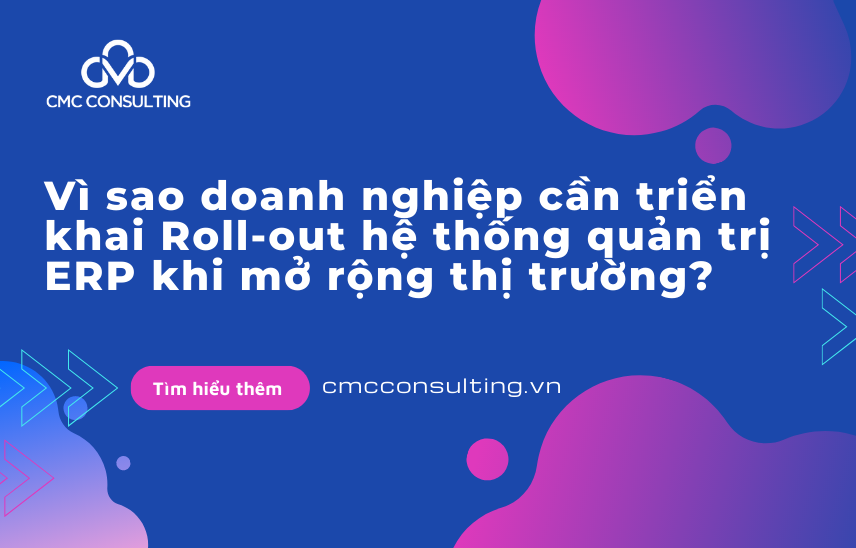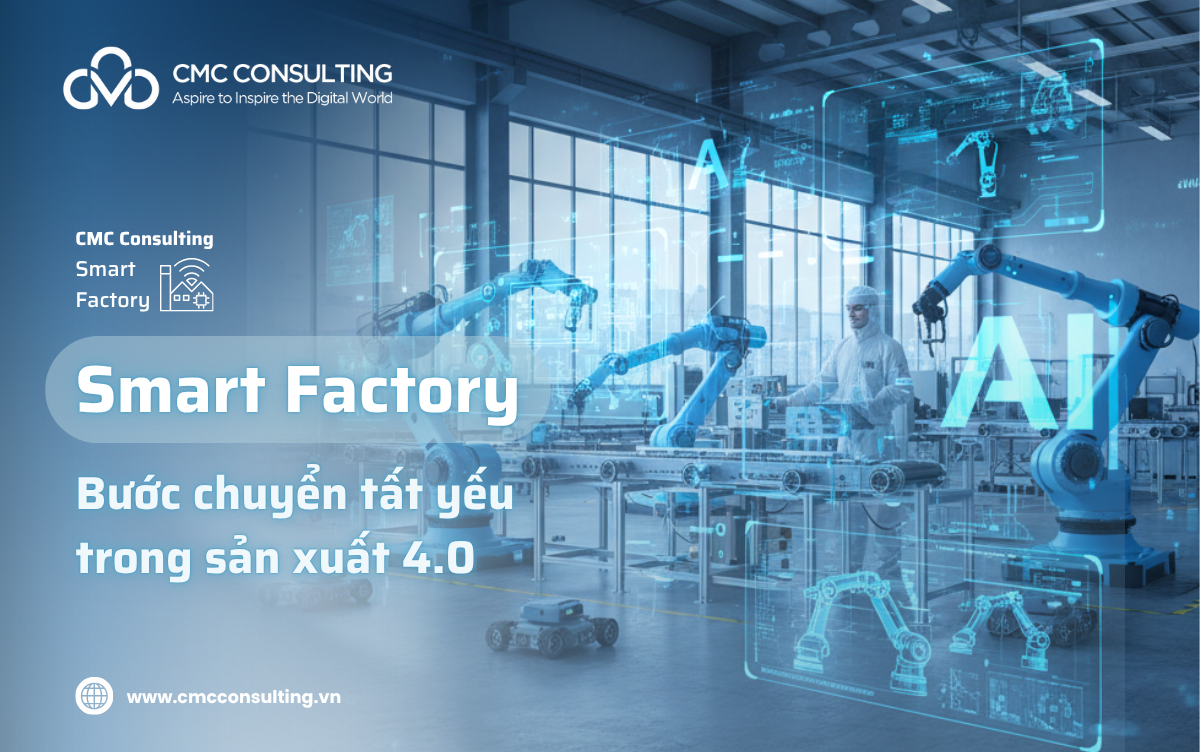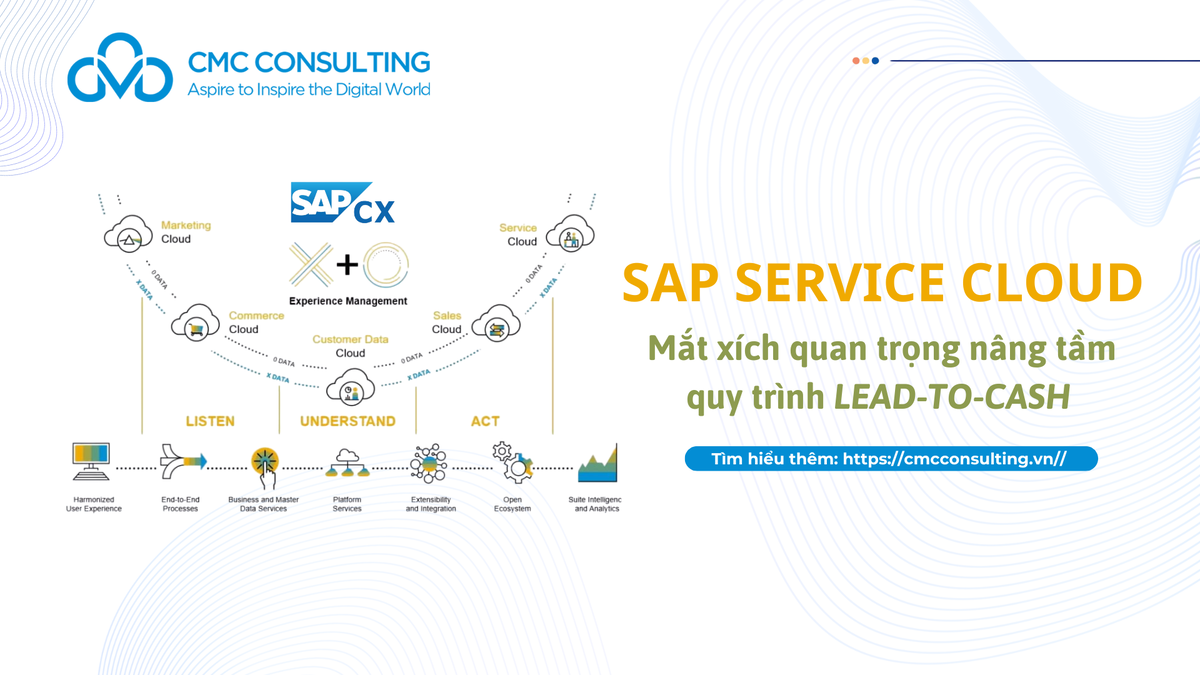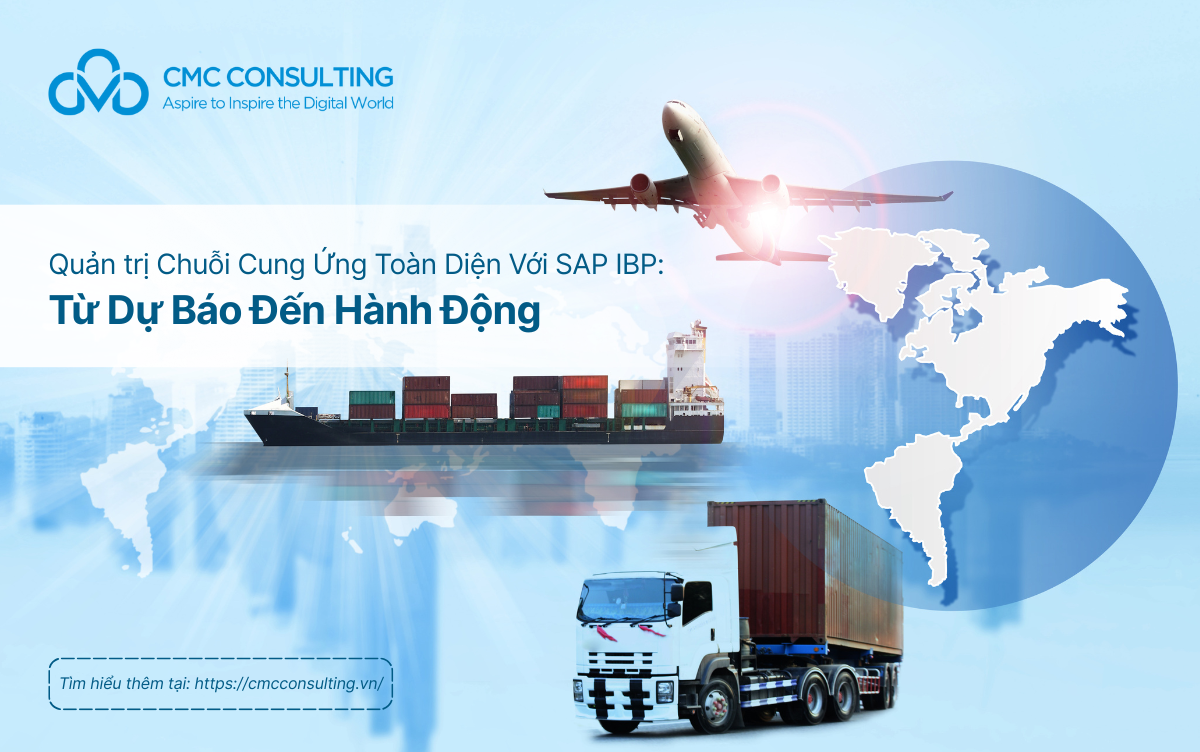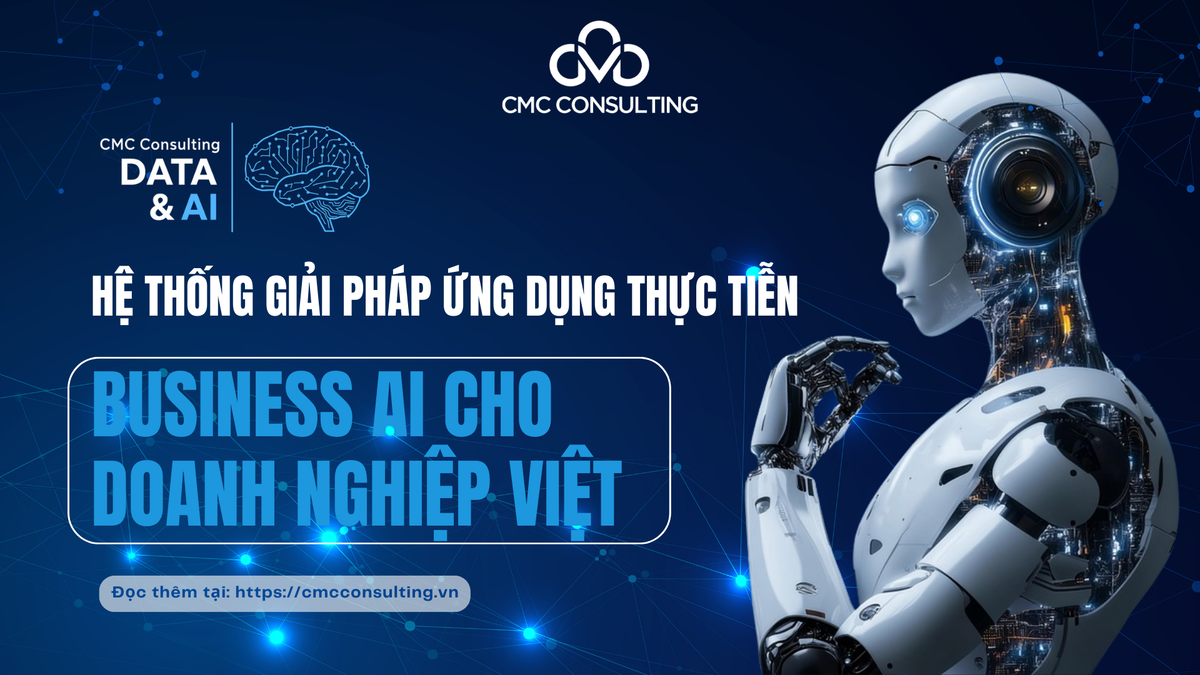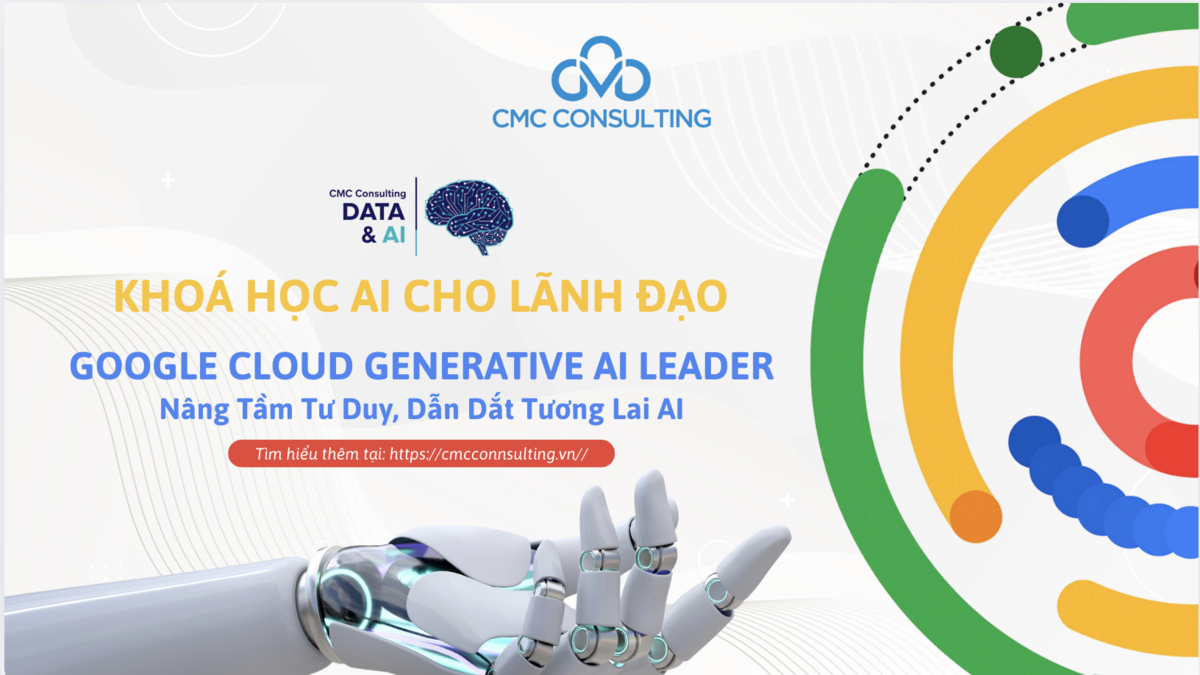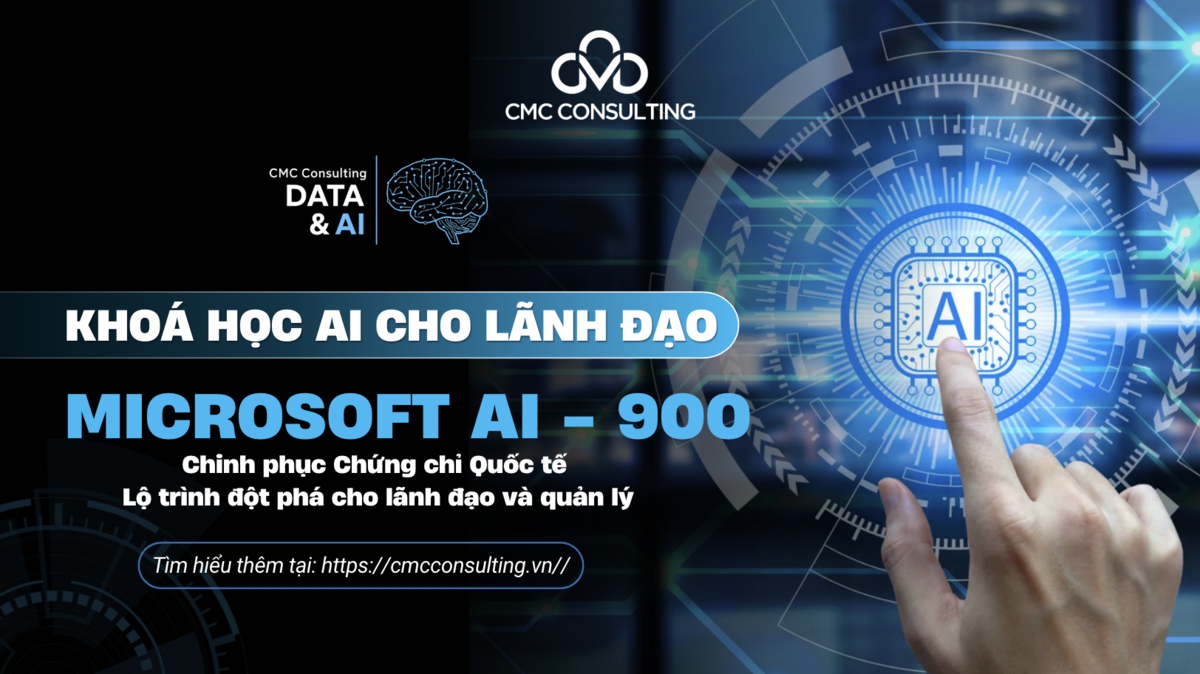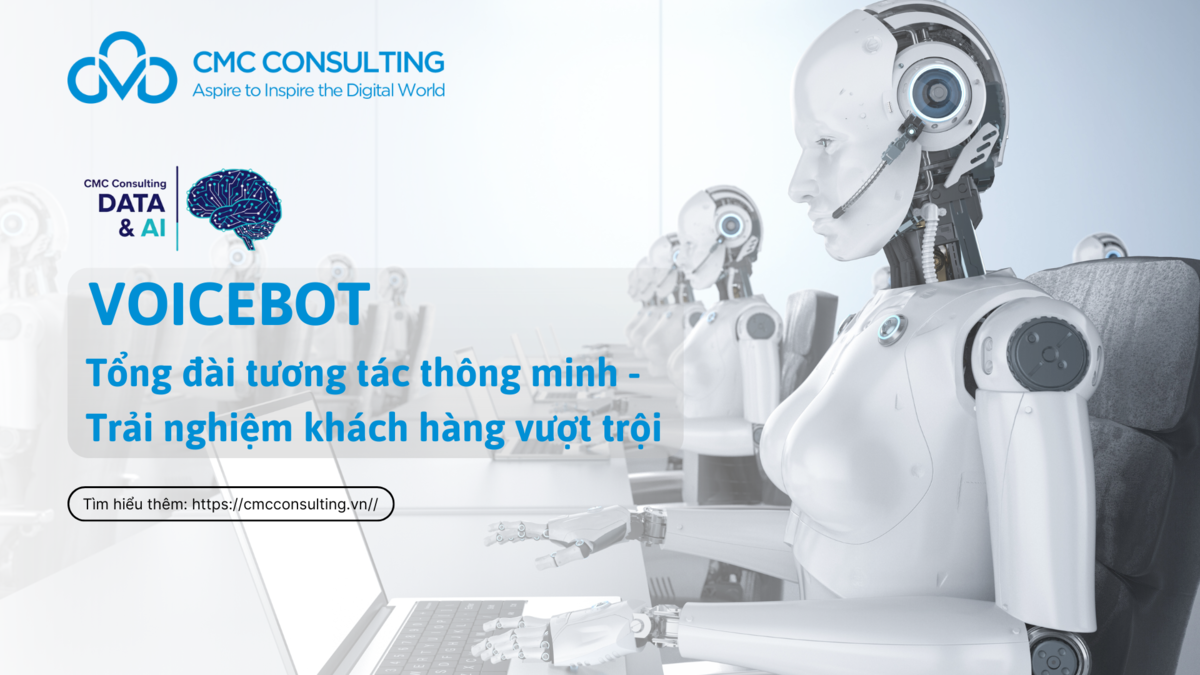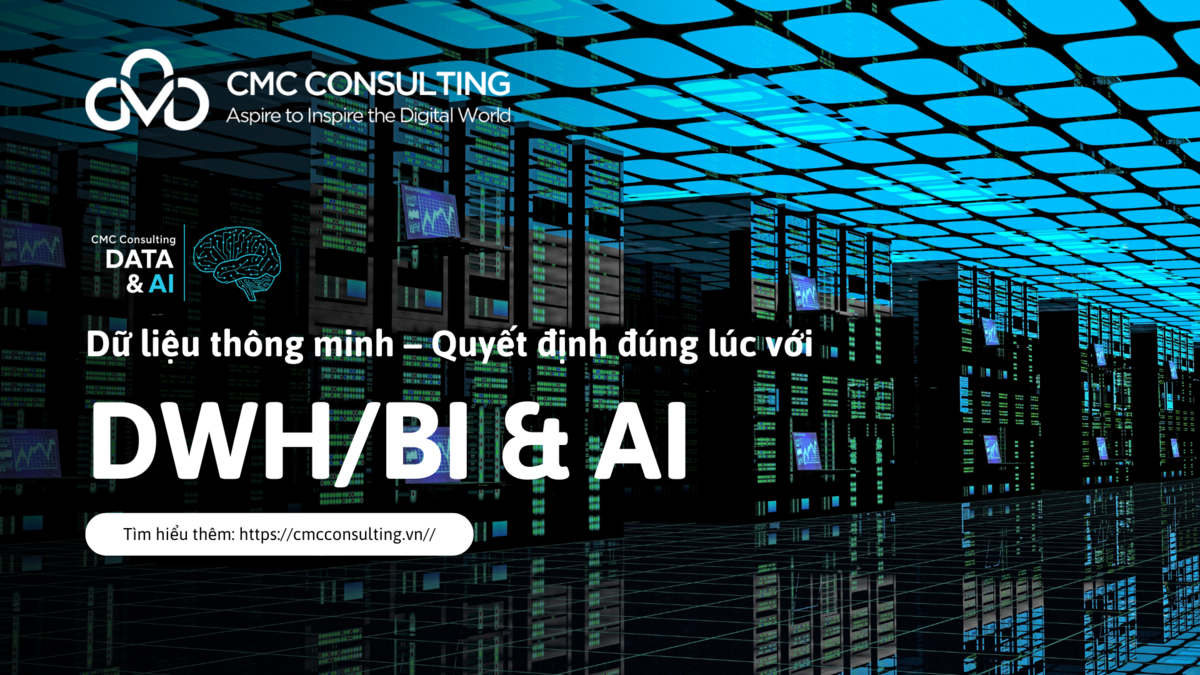In the context of increasingly severe climate change, enterprises are facing mounting pressure to mitigate their environmental impact and strive toward achieving Net Zero emissions. This is considered a crucial factor for businesses, providing numerous economic benefits and sustainable competitive advantages, and guiding their development strategy.
1. What are Green Transformation and Net Zero?
Green Transformation (GX) refers to the process of establishing an economy characterized by very low or zero emissions, based on sustainable development standards and resource efficiency. This includes the effective utilization of natural resources and the prevention of biodiversity loss. For sustainable green growth, enterprises need to focus on five aspects: controlling and reducing energy and material consumption, optimizing operations, utilizing recycled materials, applying technology to optimize resource use, and managing waste disposal.
According to the Intergovernmental Panel on Climate Change (IPCC), Net Zero refers to the state of balancing the amount of greenhouse gases emitted into the atmosphere with the amount removed over a specified period.
Green Transformation and the establishment of a low-carbon economy, along with a circular economy, are no longer merely trends but have become essential requirements for global sustainable development. In this context, business leaders should be aware of several policies and regulations related to Net Zero:
- Requirements for Entering International Markets: Entering international markets such as the EU, the US, and Japan necessitates that Vietnam adhere to stringent emission standards. The EU has set a target to reduce CO2 emissions by 55% by 2030 and achieve Net Zero by 2050. Consequently, businesses must pay attention to clear carbon pricing mechanisms and invest in green technology to meet these requirements and avoid barriers to export.
- Net Zero Commitments in COP26: At COP26, Vietnam pledged to achieve Net Zero by 2050. Enterprises must comply with regulations such as Decree 06 on greenhouse gas emission reduction and Decision 888 on implementing COP26 commitments.
- Implementing ESG for Sustainable Development: The application of ESG (Environmental, Social, and Governance) principles enhances reputation, reduces risks, and attracts investment. Enterprises are required to implement measures to reduce CO2 emissions, utilize clean energy, and optimize production processes. Additionally, attention should be given to social equity and transparent governance to contribute to the country's sustainable development objectives.

2. Challenges for Enterprises on the Green Transformation Journey
According to Deloitte, climate change is becoming a top priority for global enterprises, with 61% of leaders acknowledging its significant impact on their company’s strategy and operations in the next three years. To integrate into the global economy and participate in sustainable supply chains, Vietnamese enterprises must transition to responsible and sustainable business models. This is a necessary condition for enhancing competitiveness, resilience, and meeting international environmental, social, and governance (ESG) standards.
Green Transformation presents opportunities for enterprises to adopt new economic and financial models and engage in the burgeoning carbon market. Experts suggest that businesses adopting green technology can achieve up to 20% savings in energy costs within five years. Technological innovation and the adoption of Net Zero policies will be critical in meeting rising market demands and establishing a competitive edge in the global transition towards Net Zero emissions.
However, systemic policy and production practices in Vietnam remain inconsistent, with many enterprises still prioritizing short-term profits. Additionally, transitioning to a circular economy demands substantial resources, which many enterprises have not yet fulfilled, leading to delays in implementing sustainable measures and impeding progress towards Net Zero. Moreover, adhering to current carbon emission measurement regulations presents a significant challenge for many Vietnamese enterprises, particularly small and medium-sized enterprises.

3. Actions Enterprises Should Take to Green Transformation
“Dual Transformation”- Integrating Digital Transformation and Green Transformation
In Vietnam, small and medium-sized enterprises encounter difficulties with digital transformation, including a lack of digital skills, technological infrastructure, and digital mindset. Digital transformation involves not only the application of technology but also the modification of internal processes to improve efficiency and innovate new products. Similarly, Green Transformation requires not only the adoption of environmental technologies but also changes in production processes to reduce emissions and move towards a circular economy.
Thus, Digital Transformation and Green Transformation are dual objectives that must be pursued simultaneously and support each other: green technology aids in resource and energy conservation, while digitalization enhances rapid and efficient transformation. Most experts agree that to succeed in the modern era, enterprises must undertake both digital and green transformations concurrently.
The lack of awareness regarding the long-term benefits of these processes is hindering implementation, necessitating that enterprises adopt a comprehensive view and clear strategy to meet market demands and protect the environment.
Enterprises Need a Reliable Partner for Dual Transformation
The Ministry of Information and Communications has indicated that rapid development requires digital transformation, while sustainable development requires Green Transformation. However, both Digital Transformation and Green Transformation rely on digital technology. This is why the Dual Transformation trend - Digital Transformation in conjunction with Green Transformation - is gaining increasing attention.
To achieve digital and green transformation goals, enterprises need to standardize operational processes through ERP (Enterprise Resource Planning) systems, which facilitate planning, enhance transparency, and provide real-time production metrics. Currently, SAP is the leading provider of comprehensive ERP solutions, serving numerous enterprises globally.
In Vietnam, CMC Consulting, a Gold Partner of SAP, is a leading provider of comprehensive digital transformation consulting and implementation services. For more information on CMC Consulting’s digital transformation solutions and services, enterprises can visit https://cmcconsulting.vn/solutions

In conclusion, Green Transformation is not merely a trend but an urgent necessity for enterprises in the increasingly complex climate change landscape. Combining Digital Transformation with Green Transformation not only helps enterprises optimize processes and reduce costs but also creates competitive advantages, building a sustainable and environmentally friendly brand image. It is imperative for enterprises to take action now to create sustainable value and contribute to building a greener future for future generations.




 CMC Consulting
CMC Consulting 29/07/2024
29/07/2024



